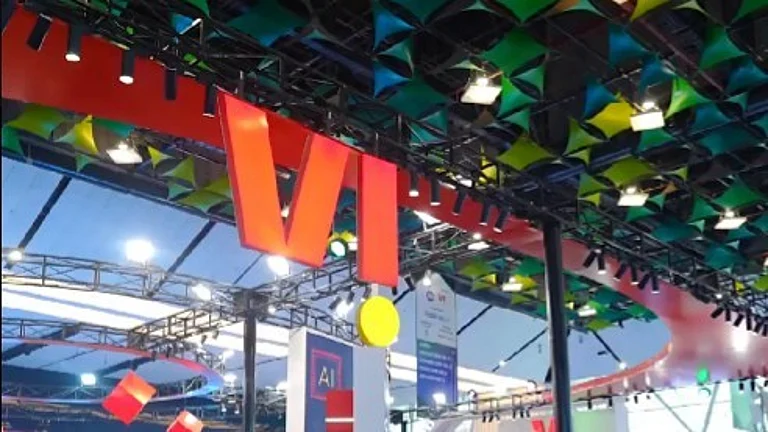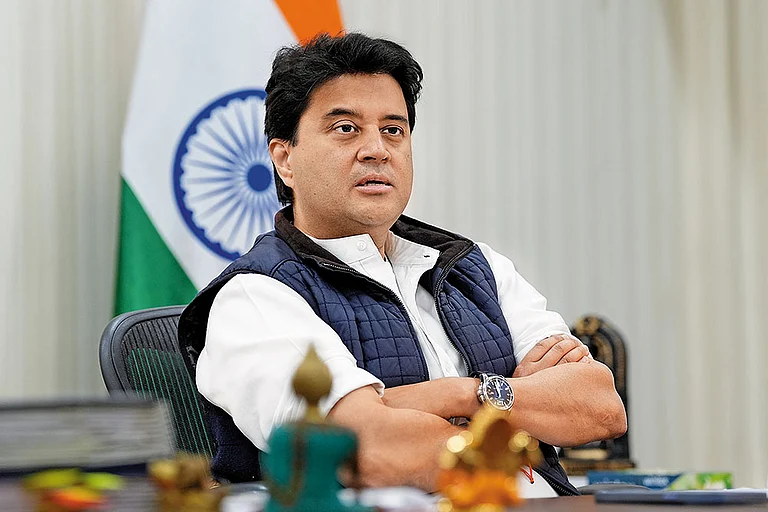The Union Cabinet has reportedly approved a proposal to waive spectrum dues owed by various government departments, including Defence, Railways, Space, and state governments. However, this relief will not be extended to public sector undertakings or private telecom operators.
According to CNBC-TV18, the Cabinet cleared the one-time waiver on Wednesday, although it was not mentioned in the official post-meeting press briefing. The measure involves waiving off penalties and most of the interest charges on spectrum dues accumulated by these departments.
These spectrum allocations were originally provided to support critical services such as defence communications, satellite operations, and railway networks. However, the departments failed to repay even the principal amounts. As a result, total dues—including penalties and interest—have ballooned to over ₹6 lakh crore, with some payments pending since as early as 2004.
Earlier, The Economic Times reported that the government is not writing off the entire outstanding amount. Departments will still be required to pay the principal dues, along with a nominal interest rate of about 5%. The Ministry of Defence, Ministry of Information and Broadcasting, Department of Space (DoS), and Indian Railways are among the largest defaulters.
What’s Behind the Waiver
The ET report suggests that the waiver is part of a broader government strategy to repurpose underutilised spectrum. Earlier, the Cabinet approved a plan to reallocate around 1,100 MHz of spectrum—estimated to be worth ₹5 lakh crore—across multiple frequency bands. Once vacated, these frequencies are expected to be auctioned for commercial use in the coming years.
The move is also expected to address rising demand from telecom operators for mid-band spectrum (3.5 to 6 GHz), essential for expanding 5G networks and paving the way for 6G rollout by 2030.
Much of this high-value spectrum is currently held by legacy users, such as the defence and space departments. The Department of Telecommunications is said to be working on plans to shift these users to alternative bands, freeing up premium spectrum for commercial and next-generation telecom services.
Private Players Await Relief
The decision comes amid growing anticipation that the government may offer relief to debt-ridden Vodafone Idea (Vi), which has around ₹84,000 crore in outstanding adjusted gross revenue (AGR) dues on its balance sheet. The government has already converted some of its dues into equity in two rounds, increasing its ownership in the company to 49%. The last conversion, worth ₹36,950 crore in spectrum dues, took place in March. However, Vodafone has maintained that it still cannot sustain operations without further relief.
A recent report also suggested that the government is considering extending the AGR repayment tenure from the current six years to 20 years and applying a simple interest rate, rather than compound interest or interest on interest, on the outstanding dues.

































